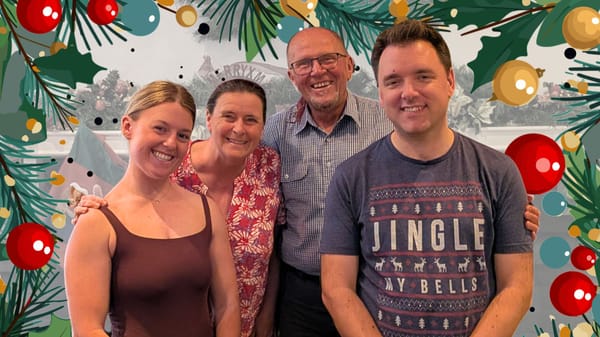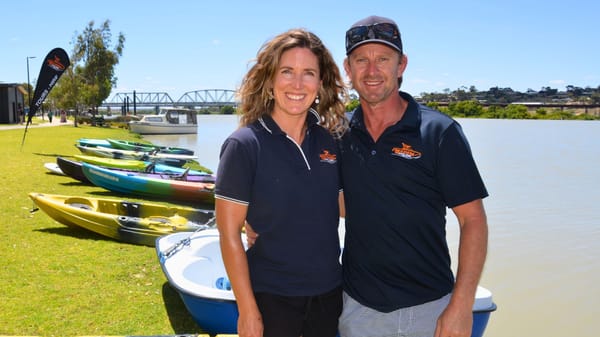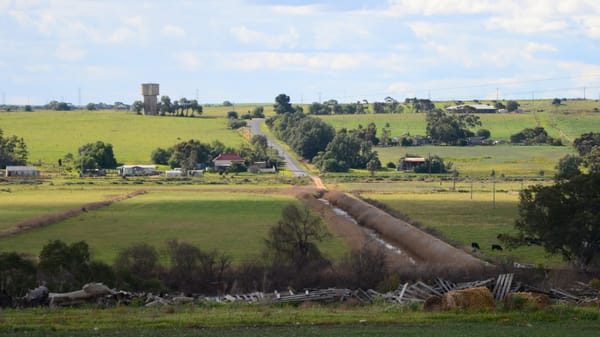Migrants feel welcomed in Murray Bridge - and they want to stay long-term
But there are still areas in which our community can improve, a study has shown.
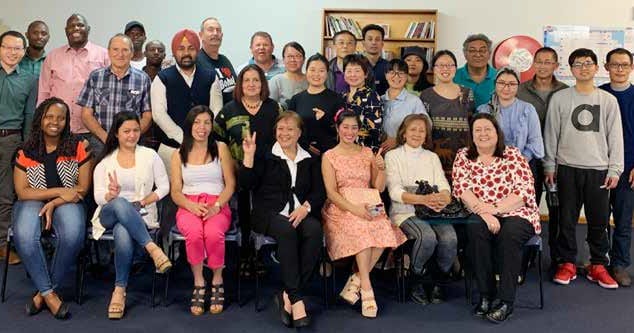
This story was originally published behind Murray Bridge News’ paywall. Paywalled stories are unlocked four weeks after publication. Can’t wait that long? Subscribe here.

Migrants generally have a positive experience when they move to Murray Bridge: they feel welcomed and quickly gain a sense of belonging.
That was the main finding of a study by the Australian Migrant Resource Centre and University of Adelaide, published recently.
A majority of migrants to Murray Bridge told the study's authors they would be happy to stay in the district long-term.
Their children were happy at school, the local environment was pleasant, housing was available and the cost of living was low.
The few who did not want to stay in Murray Bridge said they wanted to find less demanding or non-manual work, with shorter hours and greater job security.
Two out of three focus groups said job opportunities were limited in the district.
Several Chinese participants said they had had trouble finding work in retail, aged care or childcare, or that they had been discriminated against because they were too old; while Congolese participants believed one particular employer – not named in the report – was reluctant to hire people of their ethnicity.
Other issues raised included a lack of English language classes, day care, community activities, transport, tertiary education and local government representation.
Many of the women who took part said they had little to no English language skills, which left them socially isolated.
Most of the engagement migrants had with the wider community, outside work or school, was through religious organisations or what language classes existed.
The study was based on the experiences of 31 Chinese, Congolese and other migrants who attended forums in Murray Bridge in October.
The views of their counterparts in Bordertown and Naracoorte were also included, as was data from the Australian Bureau of Statistics.
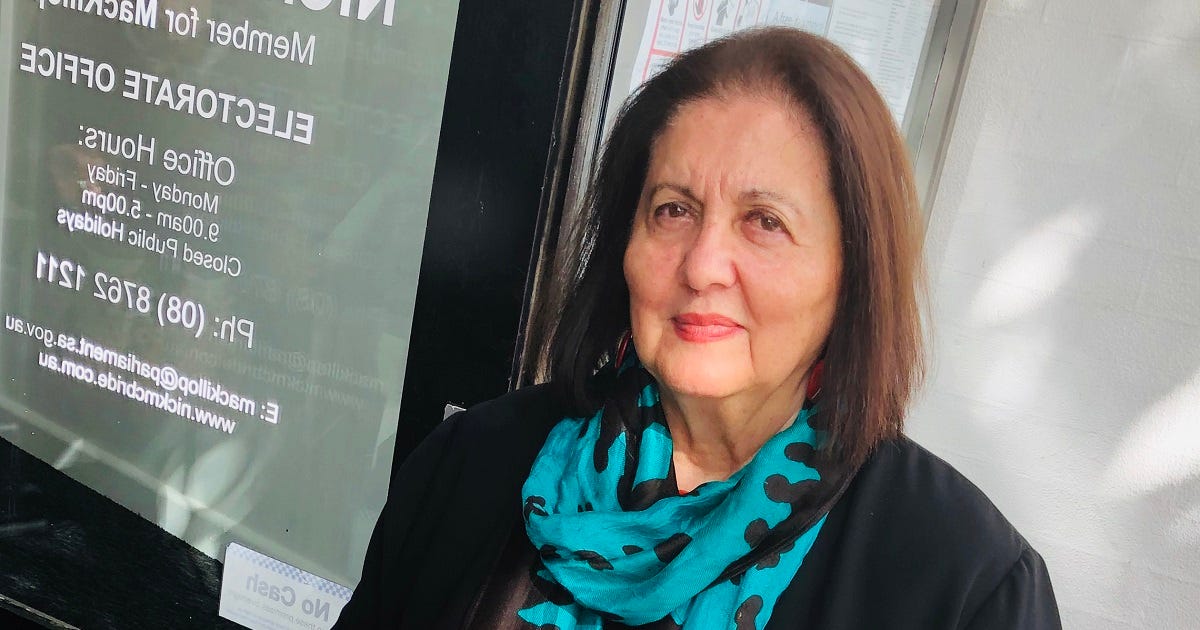
'This report is significant', mayor says
Murray Bridge Mayor Brenton Lewis described the report as significant and important to community understanding.
He welcomed the finding that migrants' experiences were mostly positive, calling it "a credit to all that have played a role in making the inward movement of new settlers successful".
State MP Adrian Pederick was grateful for the insight into the lives of the migrants who were so important to the Murraylands' food processing and horticulture industries.
"This report will help us understand the issues and challenges new migrants face in our community and enable services to adapt and cater more closely to their needs," he said.
Australian Migrant Resource Centre chief executive officer Eugenia Tsoulis, pictured above, said she hoped all levels of government would act on the report's findings.
Three thousand locals were born overseas
The number of overseas-born Murray Bridge residents is growing by about 30 per cent every five years, according to the Australian Bureau of Statistics, and passed 3000 people back in 2016.
Though the first, 19th-century migrants to the Murray Bridge district were mostly British and German, they have since been joined by Italians and Greeks, in the 1950s; Afghanis and Sudanese, in the 2000s; and Chinese, throughout the 21st century.
Families from the Phillippines, Taiwan, Vietnam, New Zealand and India, among many other nations, also make up notable parts of the city's population.
Jobs at Thomas Foods International's meat works were important in attracting people to Murray Bridge, the study's authors found, but were not the only factor.
Many migrants who settled in regional centres did so to be closer to relatives or friends who already lived there.
The study's authors praised Murray Bridge's efforts to welcome "new neighbours", including by declaring itself a refugee-friendly city in 2003 and by establishing events such as the annual All Culture Fest.


